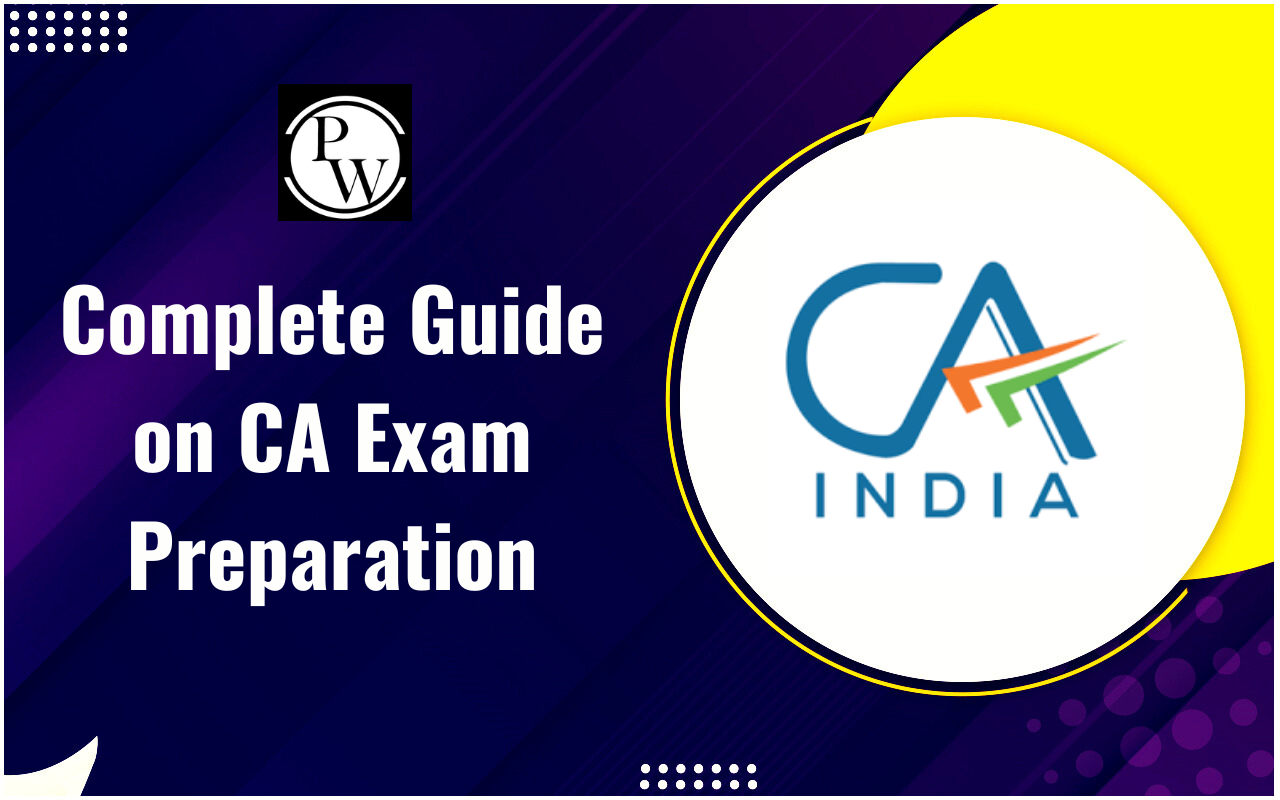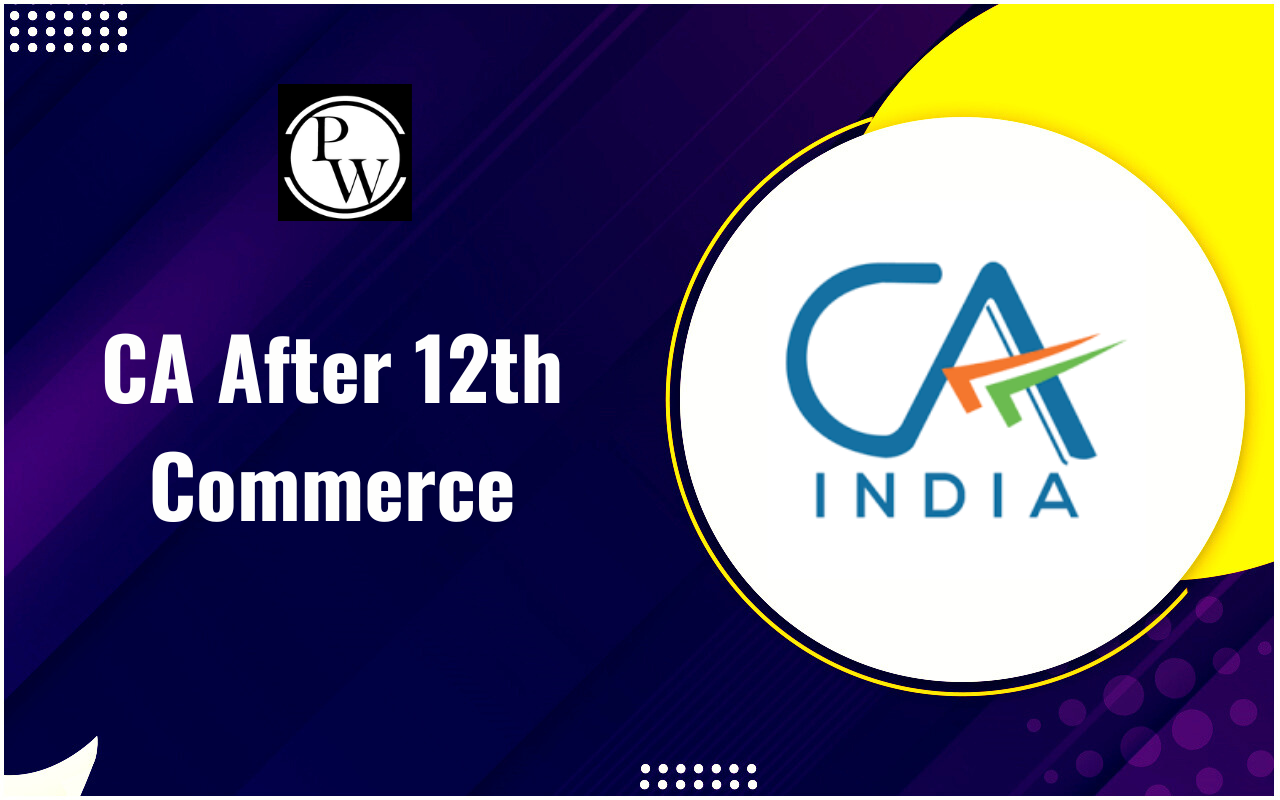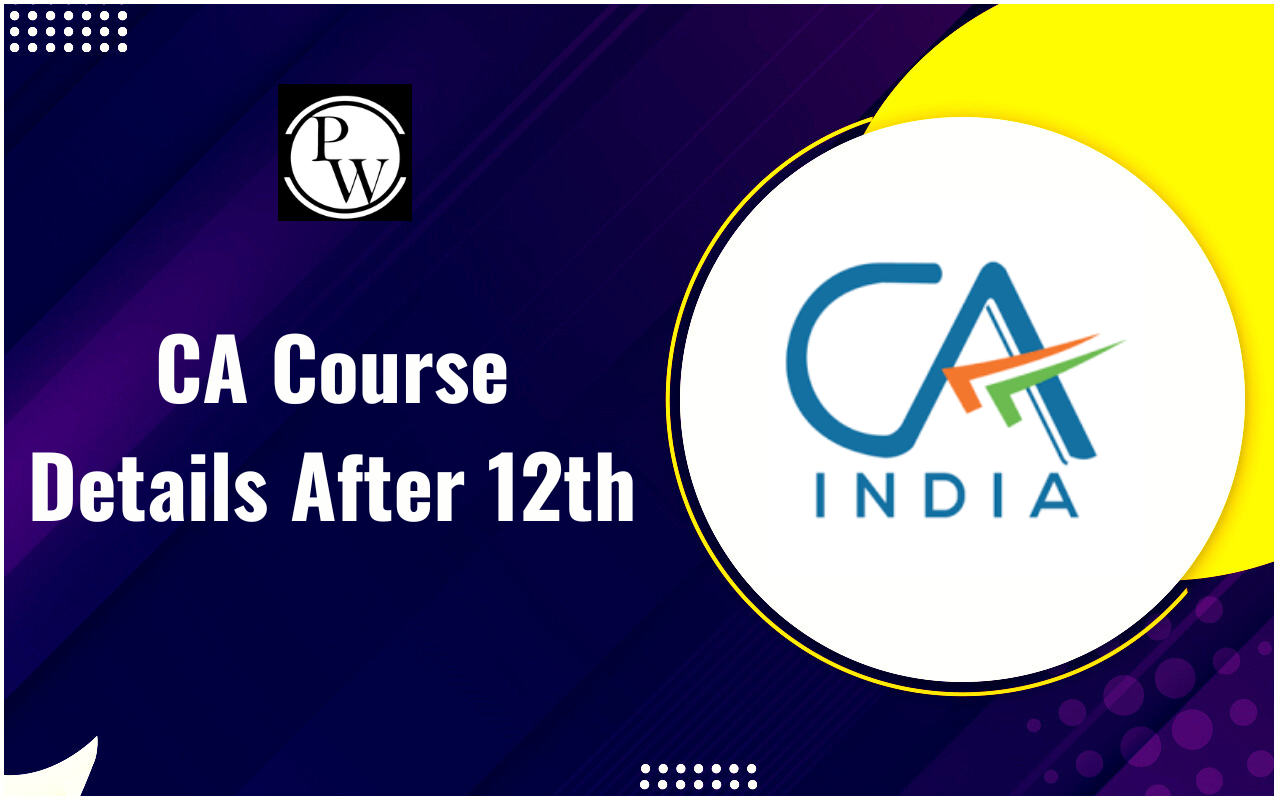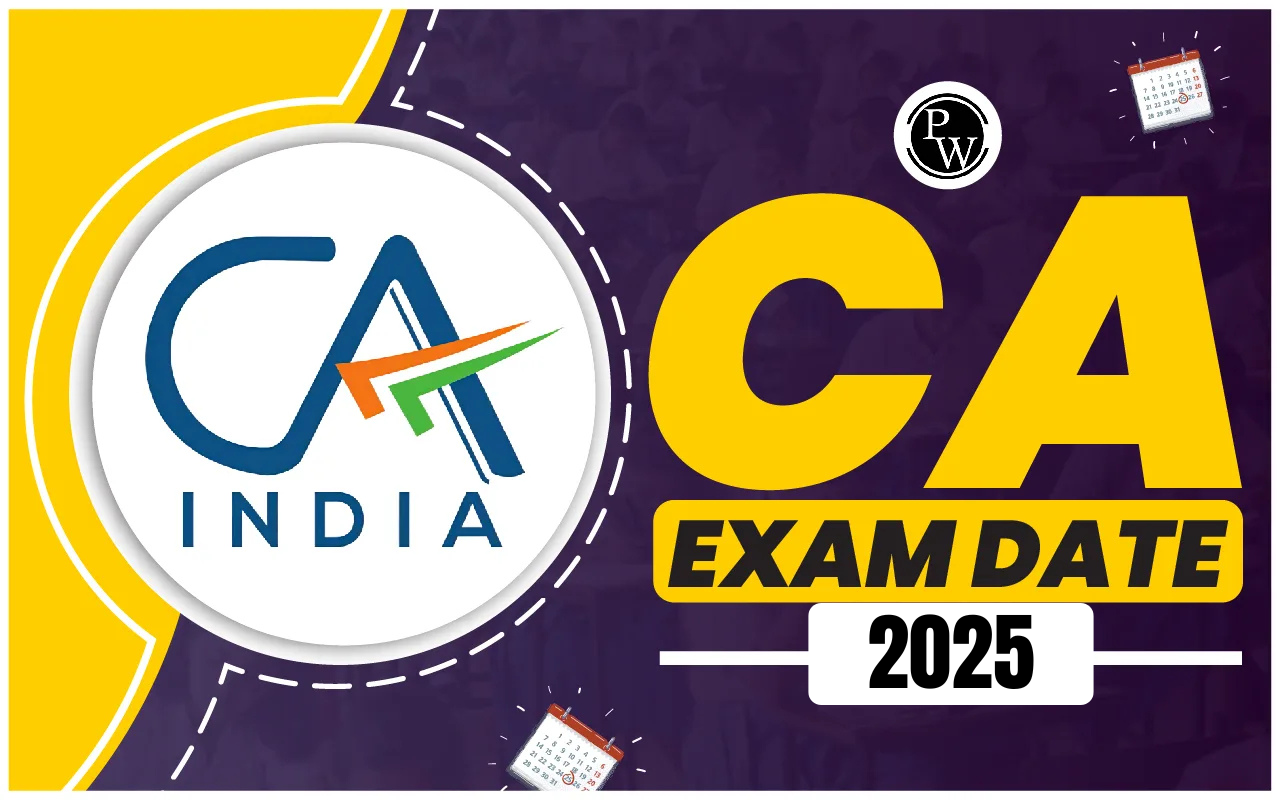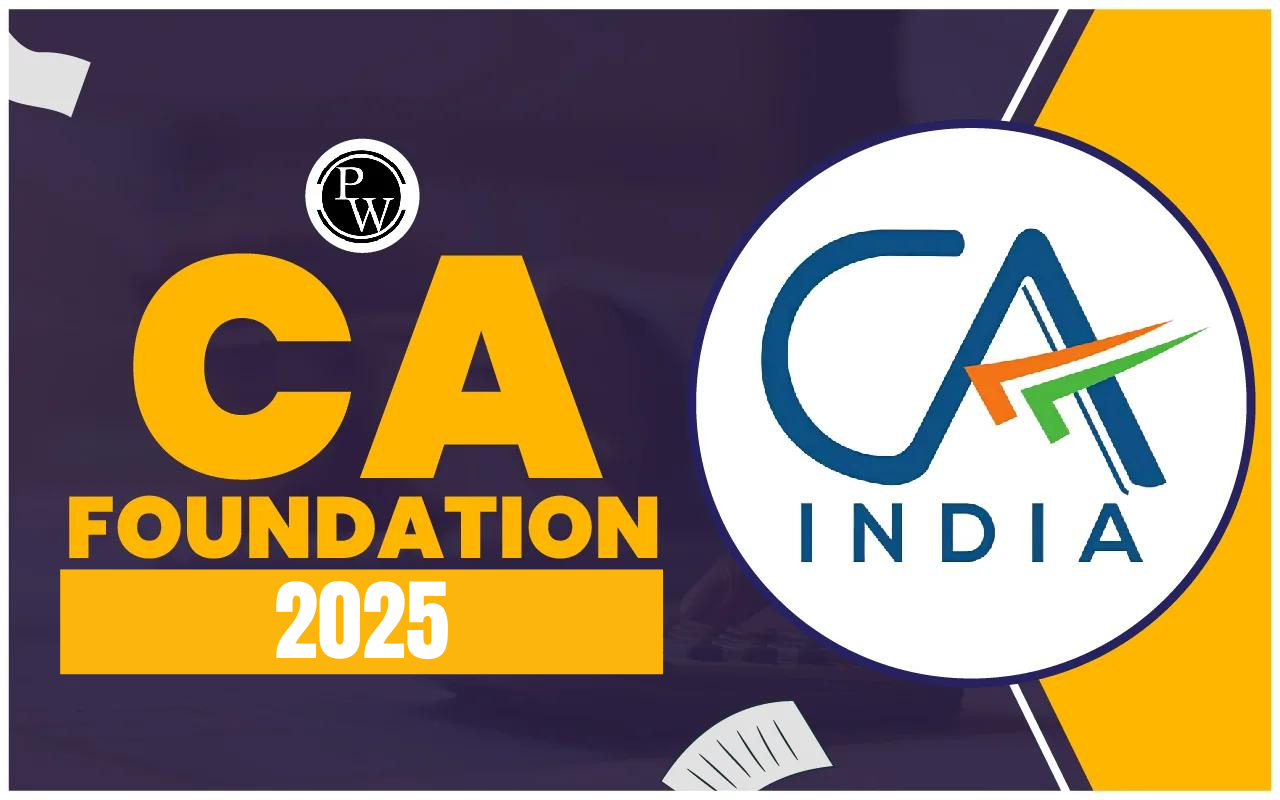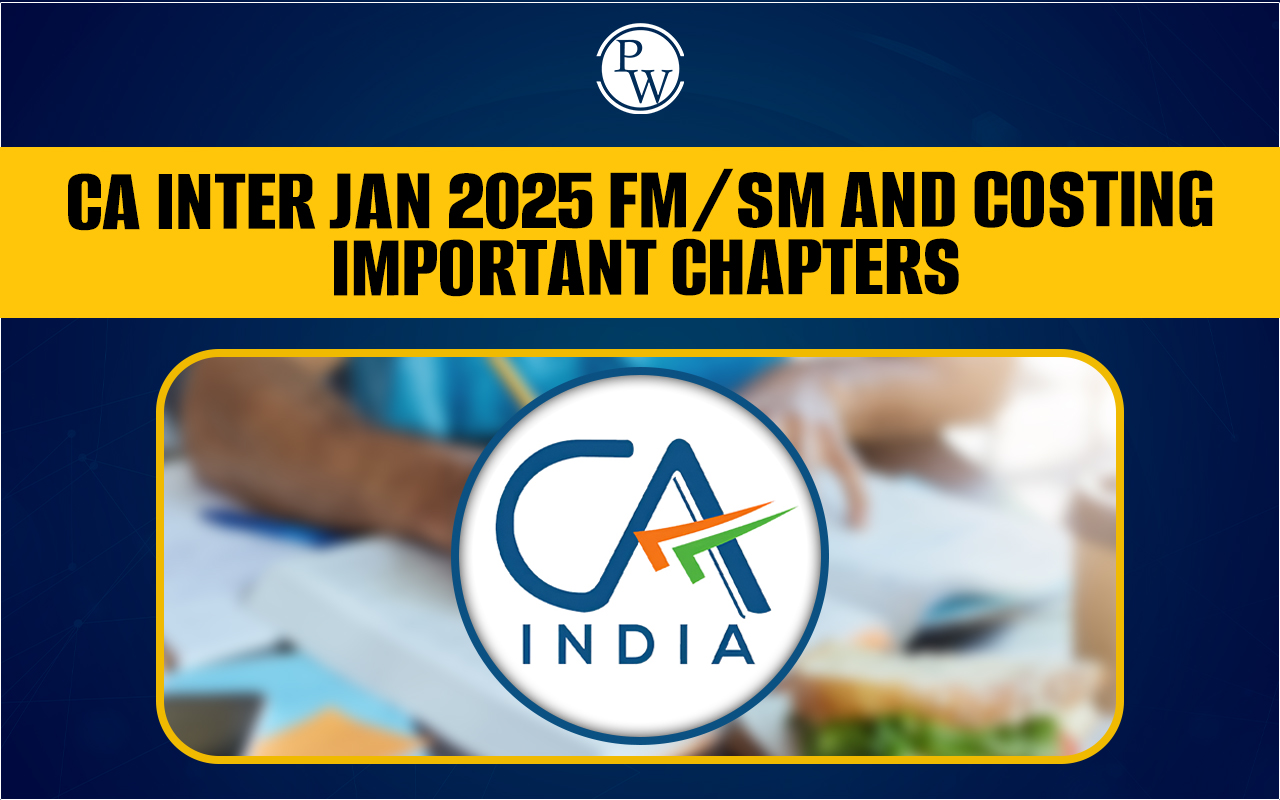

Valuing a business is a critical process that plays a significant role in various scenarios like mergers, acquisitions, and even financial reporting. For CA students, understanding the Valuation Methods for Businesses is essential for CA Exams . This article will delve into different valuation methods, their importance, and how they impact the business world.
What Is a Business Valuation?
A business valuation , or company valuation, is the method used to calculate the economic worth of a business. This process involves a thorough analysis of every aspect of the business to assess its overall value and the value of its individual parts or departments. Valuation Methods for Business are essential for various reasons, such as setting a fair sale price, determining partner ownership shares, handling taxation, or even during divorce proceedings. Business owners often seek the expertise of professional evaluators to get an impartial and accurate estimate of their business's value.Basics of Valuation Methods for Business
Valuation Methods for Business
There are several Valuation Methods for Business , each providing different insights. Here’s a breakdown of some common valuation approaches:Market Capitalization
Market capitalization, or "market cap," is a straightforward way to estimate a company's value. To calculate it, you multiply the company’s current share price by the total number of shares outstanding. For example, if the share price of a company like Reliance Industries is ₹2,500 and there are 7.715 billion shares, you multiply these numbers to get a market cap of ₹19.28 trillion. These Valuation Methods for Business gives a quick snapshot of a company's value based on its stock price.Times Revenue Method
The times revenue method values a company based on its revenue, which is the total income generated from its operations. A multiplier is then applied to this revenue figure, and this multiplier varies by industry and economic conditions. For instance, if a technology company earns ₹1,000 crore in revenue and the industry multiplier is 3, the company's value would be ₹3,000 crore. Conversely, a service company might use a lower multiplier, such as 0.5. So, if it has ₹1,000 crore in revenue, its value would be ₹500 crore. This method helps estimate a company’s worth by evaluating its revenue.Earnings Multiplier
The earnings multiplier method focuses on a company’s profits rather than just revenue. Profits are often a better indicator of financial health since they show how much money the company retains after expenses. The earnings multiplier adjusts future profits based on current interest rates. For instance, if a company’s earnings are ₹100 crore and the multiplier is 5, the company’s value would be ₹500 crore. This method assesses the company’s value by considering its profitability and current economic conditions.Discounted Cash Flow (DCF) Method
The DCF method values a company based on its expected future cash flows. Cash flows are the money a company is projected to make from its operations in the future. The DCF Valuation Methods for Business involves forecasting these future cash flows and adjusting them to their present value, accounting for factors like inflation and the time value of money. For example, if a company is expected to generate ₹200 crore each year for the next five years, you would discount these future amounts to determine their value today. This method provides a detailed estimate of a company’s worth by considering future earnings in relation to current economic conditions.Book Value
Book value represents the value of a company’s assets after subtracting its liabilities. It’s derived from the company’s balance sheet. To calculate book value, subtract the total liabilities (what the company owes) from the total assets (what the company owns). For instance, if a company has ₹1,000 crore in assets and ₹400 crore in liabilities, the book value would be ₹600 crore. This method provides a straightforward estimate of a company's value based on its financial statements.Liquidation Value
Liquidation value estimates the net cash a company would receive if it had to sell off all its assets and pay off its debts immediately. It’s a measure of the company’s value in a situation where it’s closing down or facing financial trouble. For example, if a company’s assets are worth ₹500 crore and it owes ₹200 crore, the liquidation value would be ₹300 crore. This method helps to understand the company’s value in a worst-case scenario where assets are quickly sold off. For CA students aspiring to excel in their careers, mastering the Valuation Methods for Businesses is crucial. To get comprehensive preparation and ace your exams, enroll in PW CA Courses today!Valuation Methods for Business FAQs
What is the most commonly used business valuation method?
The most commonly used method is the market value method, which compares the business to similar companies that have been sold recently.
Why is the income approach important in business valuation?
The income approach is important because it focuses on the future income potential of the business, which is crucial for investors and buyers.
Why is the Discounted Cash Flow (DCF) method important?
The DCF method is crucial as it estimates a company’s value based on its projected future cash flows, adjusted to present value, providing a detailed assessment of financial worth.
How does the Earnings Multiplier method work?
The Earnings Multiplier method values a company based on its earnings, using a multiplier to adjust future profits for current economic conditions and profitability.
Talk to a counsellorHave doubts? Our support team will be happy to assist you!

Check out these Related Articles
Free Learning Resources
PW Books
Notes (Class 10-12)
PW Study Materials
Notes (Class 6-9)
Ncert Solutions
Govt Exams
Class 6th to 12th Online Courses
Govt Job Exams Courses
UPSC Coaching
Defence Exam Coaching
Gate Exam Coaching
Other Exams
Know about Physics Wallah
Physics Wallah is an Indian edtech platform that provides accessible & comprehensive learning experiences to students from Class 6th to postgraduate level. We also provide extensive NCERT solutions, sample paper, NEET, JEE Mains, BITSAT previous year papers & more such resources to students. Physics Wallah also caters to over 3.5 million registered students and over 78 lakh+ Youtube subscribers with 4.8 rating on its app.
We Stand Out because
We provide students with intensive courses with India’s qualified & experienced faculties & mentors. PW strives to make the learning experience comprehensive and accessible for students of all sections of society. We believe in empowering every single student who couldn't dream of a good career in engineering and medical field earlier.
Our Key Focus Areas
Physics Wallah's main focus is to make the learning experience as economical as possible for all students. With our affordable courses like Lakshya, Udaan and Arjuna and many others, we have been able to provide a platform for lakhs of aspirants. From providing Chemistry, Maths, Physics formula to giving e-books of eminent authors like RD Sharma, RS Aggarwal and Lakhmir Singh, PW focuses on every single student's need for preparation.
What Makes Us Different
Physics Wallah strives to develop a comprehensive pedagogical structure for students, where they get a state-of-the-art learning experience with study material and resources. Apart from catering students preparing for JEE Mains and NEET, PW also provides study material for each state board like Uttar Pradesh, Bihar, and others
Copyright © 2025 Physicswallah Limited All rights reserved.
